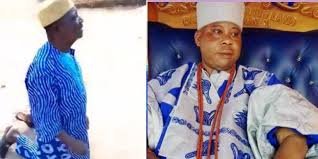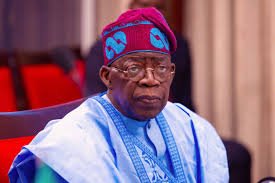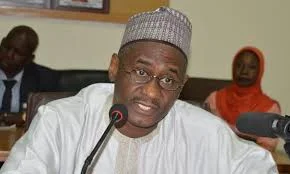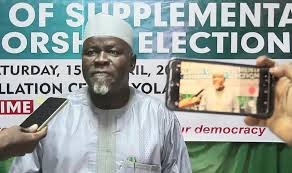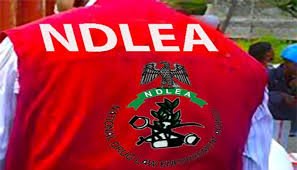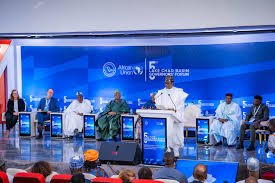The Nigerian Bar Association (NBA) has elected Senior Advocate of Nigeria (SAN) Afam Osigwe as its 32nd president, following a decisive victory in Saturday’s election. Osigwe, 51, secured over half of the votes cast, winning on a platform focused on addressing pressing issues within the legal profession and judiciary.
According to the Electoral Committee of the NBA (ECNBA), Osigwe garnered 20,435 out of 40,451 total votes for the presidential position. His closest competitor, Tobenna Erojikwe, chairperson of the NBA Institute of Continuing Legal Education Governing Council, received 10,998 votes.
Osigwe’s campaign centered on implementing reforms to tackle troubling trends in the legal sector. “Our profession faces significant challenges that require immediate attention,” Osigwe stated during his campaign. “I am committed to leading the NBA towards positive change and strengthening the integrity of our judicial system.”
With 25 years of legal experience and a long history of involvement in NBA politics, Osigwe brings a wealth of knowledge to the role. He previously served as NBA General Secretary from 2014 to 2016, where he spearheaded initiatives such as e-voting and universal suffrage within the association.
Chidi Anselm Odinkalu, a prominent human rights lawyer and former chairman of the National Human Rights Commission, commented on Osigwe’s victory: “Afam Osigwe has consistently demonstrated his commitment to improving the legal profession in Nigeria. His election represents a potential turning point for the NBA.”
Osigwe’s legal career began in 1999 after graduating from the University of Nigeria, Enugu Campus. He founded his own firm, LAW FORTE, in 2002 and has since built a reputation for excellence in corporate law, intellectual property, and international commercial arbitration.
The president-elect’s academic credentials include two master’s degrees in law and a diploma in International Commercial Arbitration from Keble College, Oxford. He is currently pursuing a doctorate, further emphasizing his commitment to continuous learning and development within the legal field.
As Osigwe prepares to take office in August, expectations are high for his administration. Key priorities are likely to include enhancing professional standards, addressing corruption within the judiciary, and modernizing legal practices across Nigeria.
The incoming president faces the challenge of uniting a diverse membership and navigating complex relationships with government bodies and the judiciary. However, his extensive experience within the NBA and his reform-minded approach have generated optimism among many in the legal community.
Following his election victory, Osigwe remarked, ‘We have an opportunity to elevate the standards of our profession and restore public trust in the legal system. I am looking forward to working collaboratively with all stakeholders to achieve these crucial goals.”





